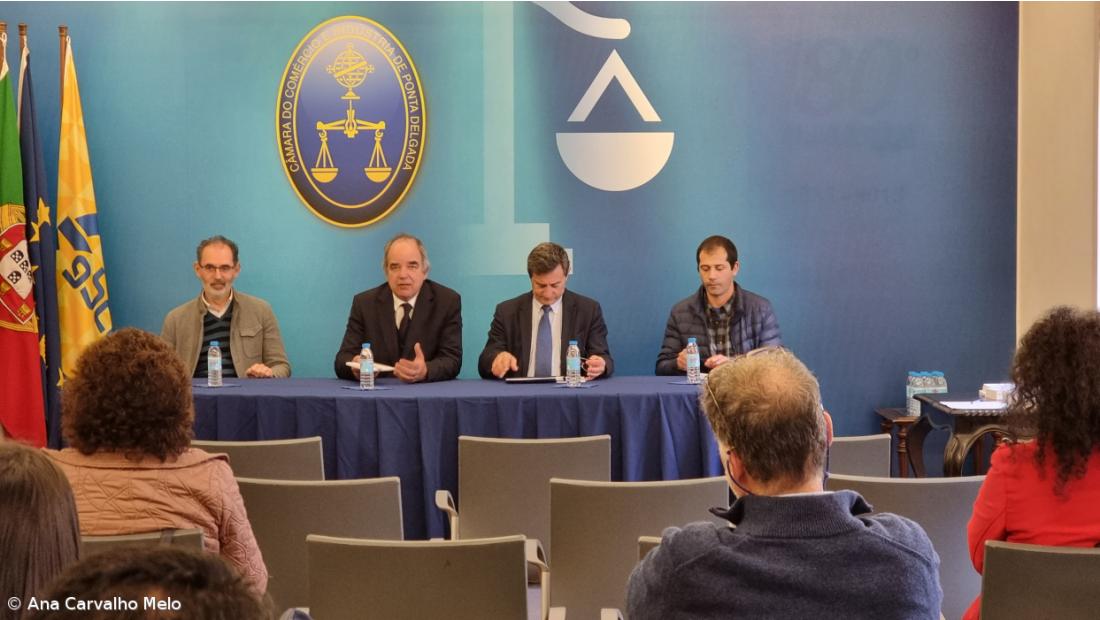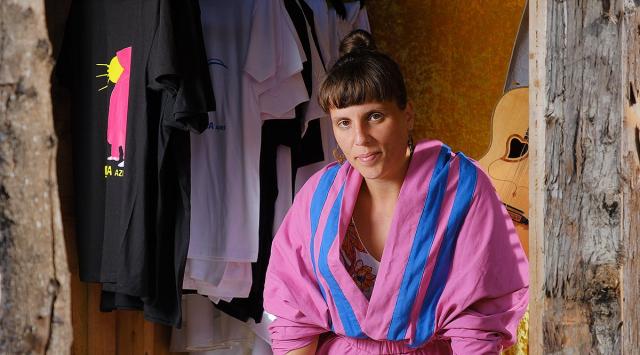The Azores need a scientific research program that allows to ascertain the date of the archipelago’s settlement, based on both archaeological evidence and palaeoecological studies conducted in recent years.
The creation of this program was advocated in a workshop held in February 2022 and which gave rise to the book “Enquadramento Científico das Hipóteses de Povoamento dos Açores antes do século XV” (“Scientific Framework of the Hypotheses on the Pre-15th Century Settlement of the Azores”), recently presented in Ponta Delgada.
As explained to Açoriano Oriental by the coordinator of this work, Tomaz Ponce Dentinho, there are currently studies carried out in the Region that present indirect evidence of the settlement of the Azores before the 15th century, a theory that archaeologists dispute because there are no properly contextualized and dated findings.
The workshop that took place in February 2022 had among its objectives the scientific framing of the various hypotheses on the human occupation of the Azores, while also informing educational and tourism activities of the hypotheses formulated.
In parallel, this event analyzed the structuring of a phased scientific research program that over time will be able to inform the research on this theme.
For Tomaz Ponce Dentinho, both theoretically and with the available techniques, "it is perfectly plausible to admit the hypothesis of human occupation in the Azores before the 15th century," even though no archaeological evidence of this occurrence has been found.
In this sense, the coordinator recalls the work done by Pedro Miguel Raposeiro and Vítor Gonçalves, who reported having detected evidence of human presence in the Azores islands 700 years before the arrival of the first Portuguese, based on dating and analysis of sediments extracted from lakes on different islands in the archipelago.
According to the authors of this study, the first colonizers came from Northern Europe and took advantage of the favorable climate conditions at the time to sail to the Azores.
On the other hand, this theory highlights the prehistoric evidence identified in Grota do Medo, Pico do Espigão and Monte Brasil in Terceira revealed by Félix Rodrigues. This may be an alternative to the dogma of the “non-navigability of the North Atlantic before the invention of the Latin sail. But, as presented in the workshop that gave rise to this book, the absence of archaeological finds, the so-called direct evidence, has brought dissenting voices to this study. As such, we advocate the structuring of a scientific research program that allows the framing of existing findings. To this end, a broad review of the literature on the diffusion of human settlements and the history of navigation is suggested, with a congress to be held in the Azores on this topic.”
The book “Enquadramento Científico das Hipóteses de Povoamento dos Açores antes do século XV” is the summary of the papers presented at the workshop although, as Tomaz Dentinho pointed out, the authors of the two most critical speeches to this theory chose not to present their written synthesis. However, the work does present the summaries of the speeches by Ricardo Tavares, Regional Director for Culture at the time of the workshop, George Nash, Nuno Ribeiro, Antonieta Costa, Félix Rodrigues, Pedro Miguel Raposeiro and Vítor Gonçalves, Carlos Guilherme Riley, and Filipe Themudo Barata.







